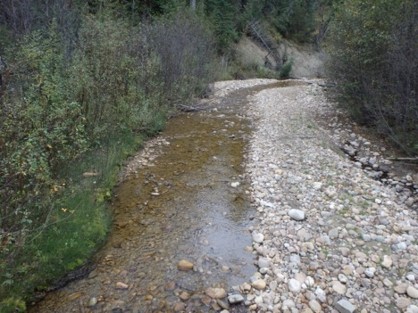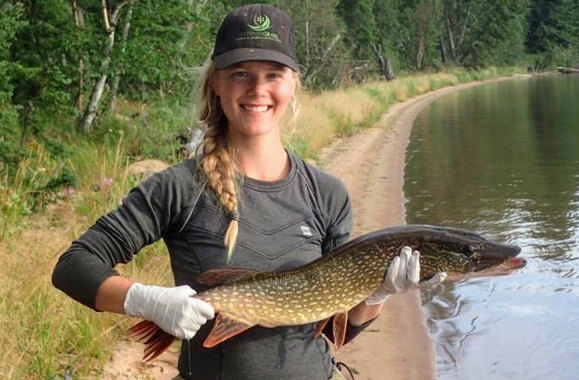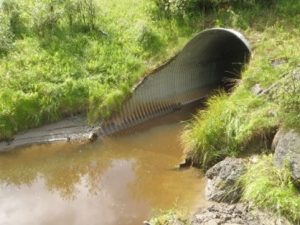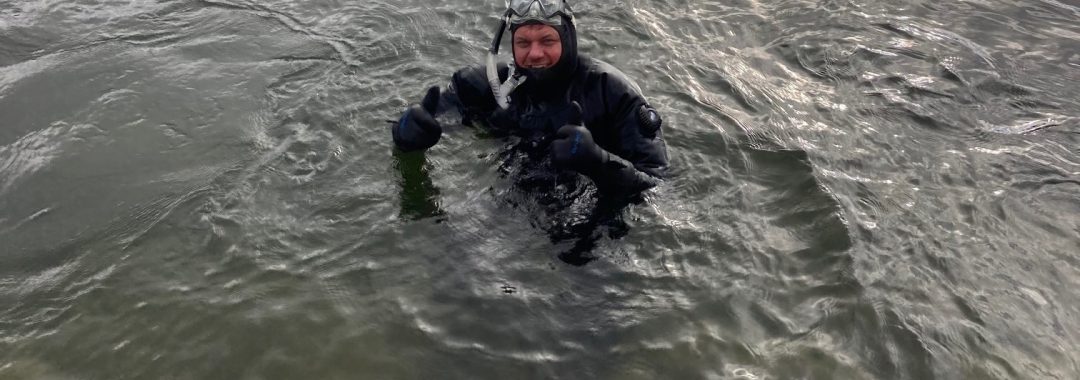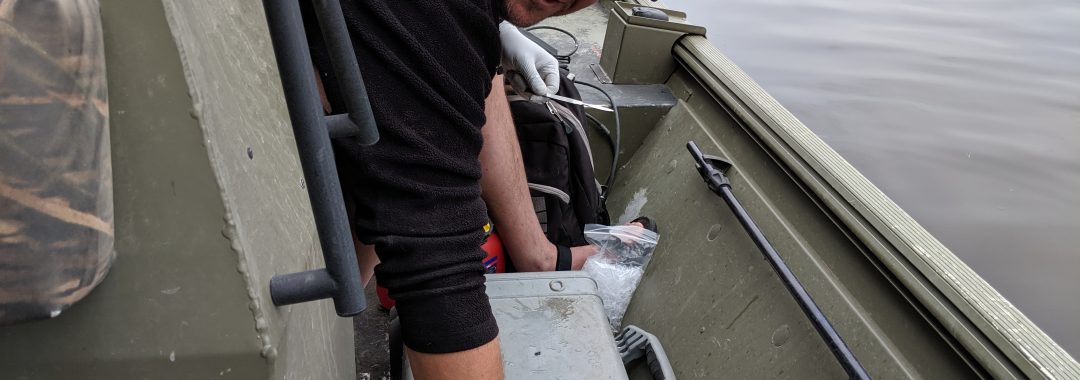Abstract:
To enhance management of aquatic systems, long-term monitoring programs are crucial. However, managers often lack sufficient guidance in decision-making. In this study, we analyzed nearshore electrofishing data from Lake Ontario spanning 18 years and over 100,000 caught fish to assess sampling designs for various coastal habitats. Using simulation, we evaluated precision of Catch Per Unit Effort (CPUE) for all species, piscivores, and specialist species, at different levels of electrofishing sampling effort. For overall CPUE in any habitat type, increased precision declined with additional electrofishing runs, particularly after reaching 30–40 runs. Adjustments in sampling effort, such as adding 10 runs per year for open-coast sites, increased precision of overall CPUE by 10%. Adding 8 runs per year for wetlands increased precision of specialist-species CPUE by 10%. However, additional runs in embayments did not increase precision for all species, piscivores, or specialist species. Our findings underscore the importance of considering community composition and abundance when evaluating CPUE precision, and illustrates a flexible approach to optimize sampling effort in aquatic monitoring programs.
Citation: Theis, S., Cartwright, L., Chreston, A., Coey, B., Graham, B., Little, D., Poesch, M. S., Portiss, R., Scott, R., Wallace, A., and J. L. W. Ruppert. (2025) Balancing sampling effort against costs for nearshore fish communities in Toronto waterfront, Lake Ontario. Fisheries Management and Ecology: 31(1): e12733.
Also Read:
Theis S.*, Chin, A. T.M., Wallace, A., Cartwright L., Fortin M.J., Poesch, M.S. and Ruppert, J.L.W. (2025) Complexity and spatial structuring of fish communities across urbanized watersheds and waterfronts. Urban Ecosystems 28: 1–18.
*Lab members: Sebastian Theis, Jonathan Ruppert (former member) and Mark Poesch. Check out opportunities in the lab!


